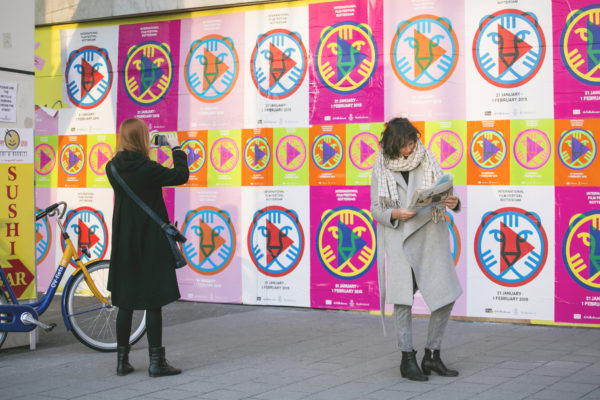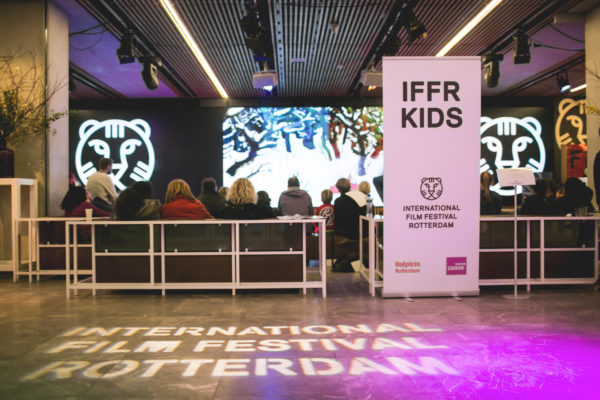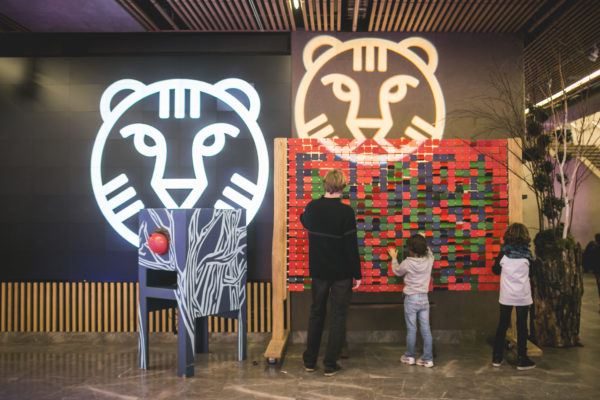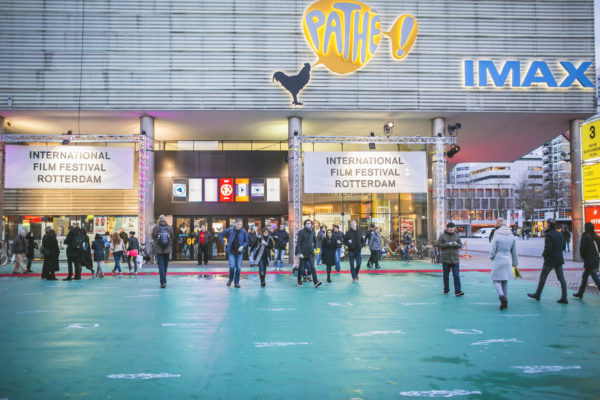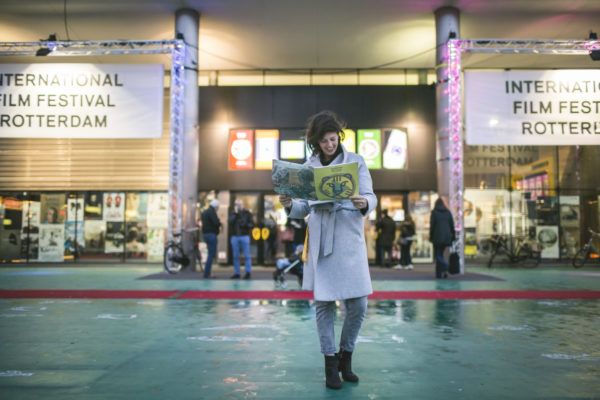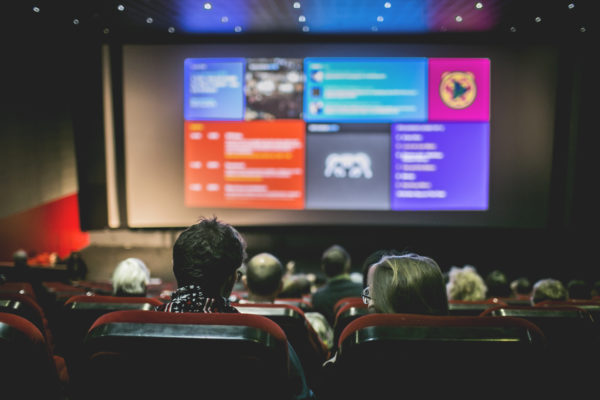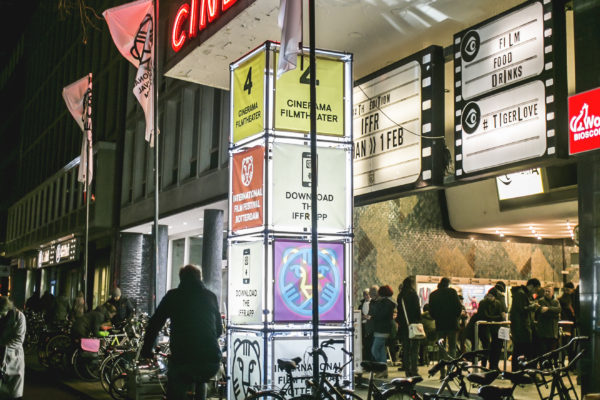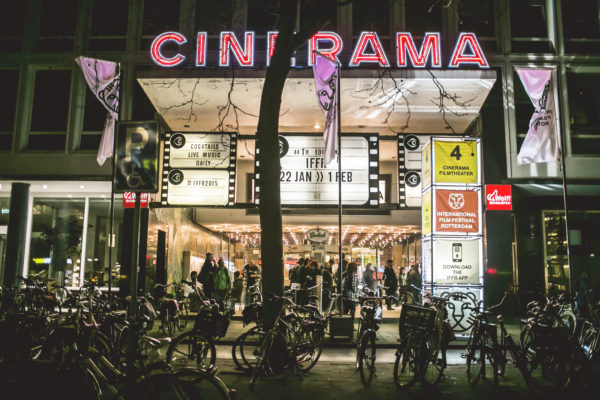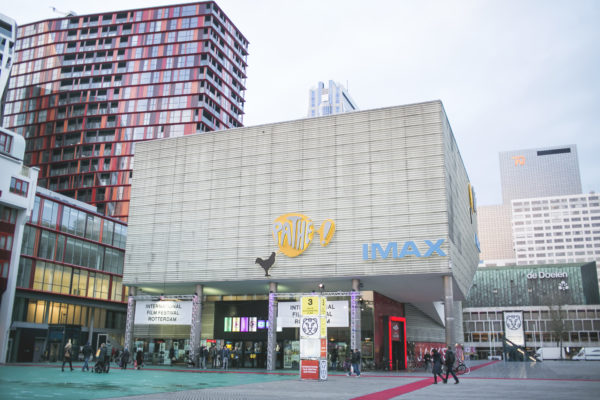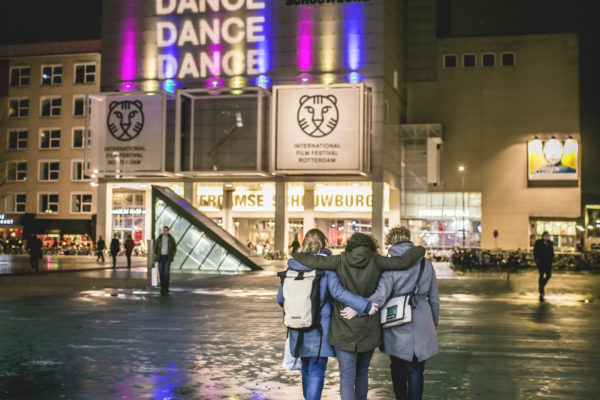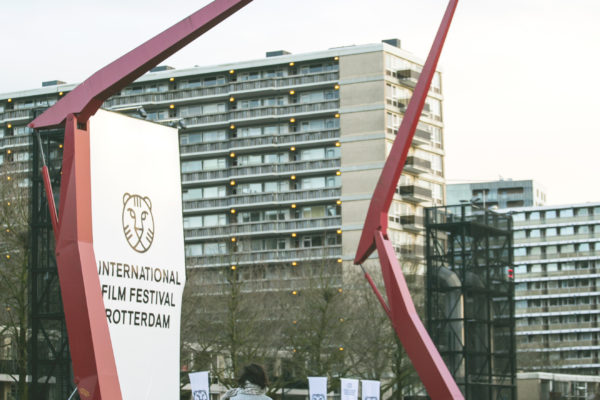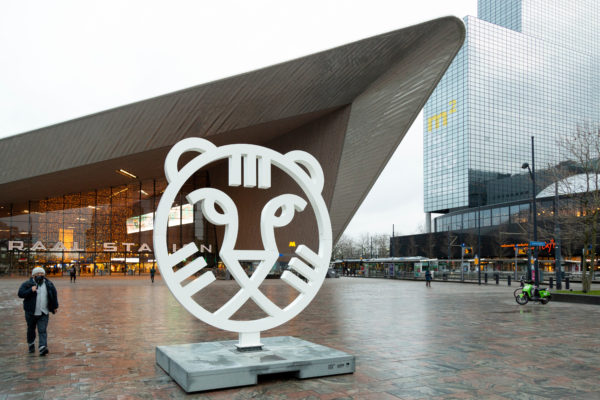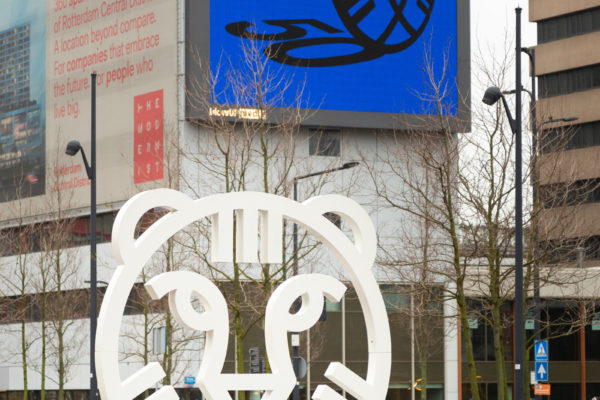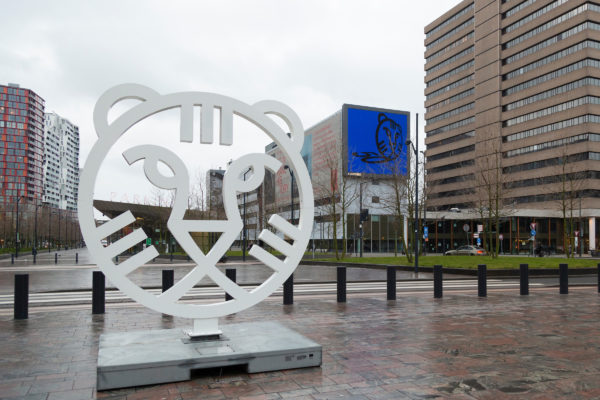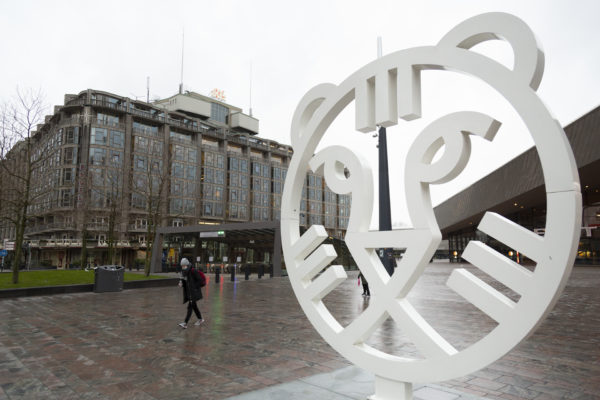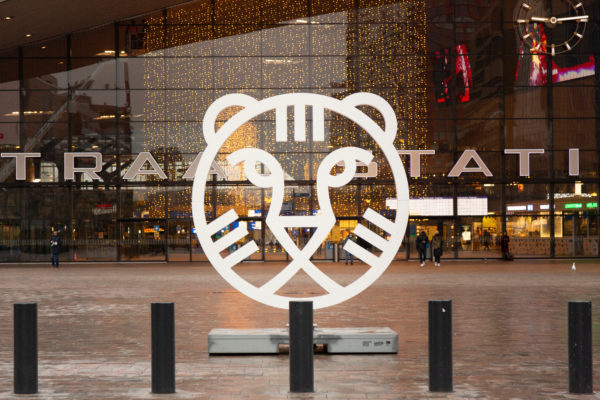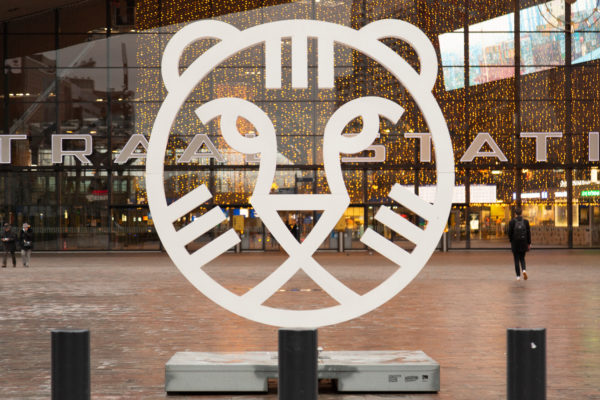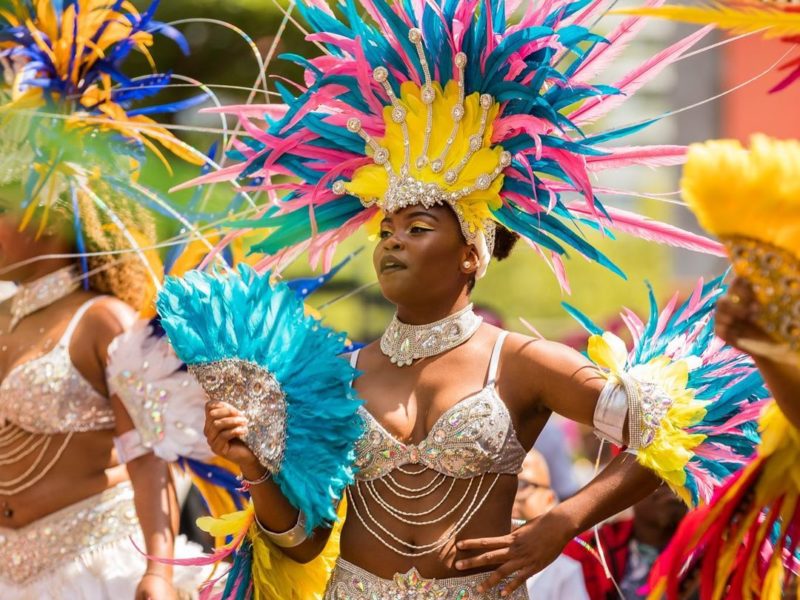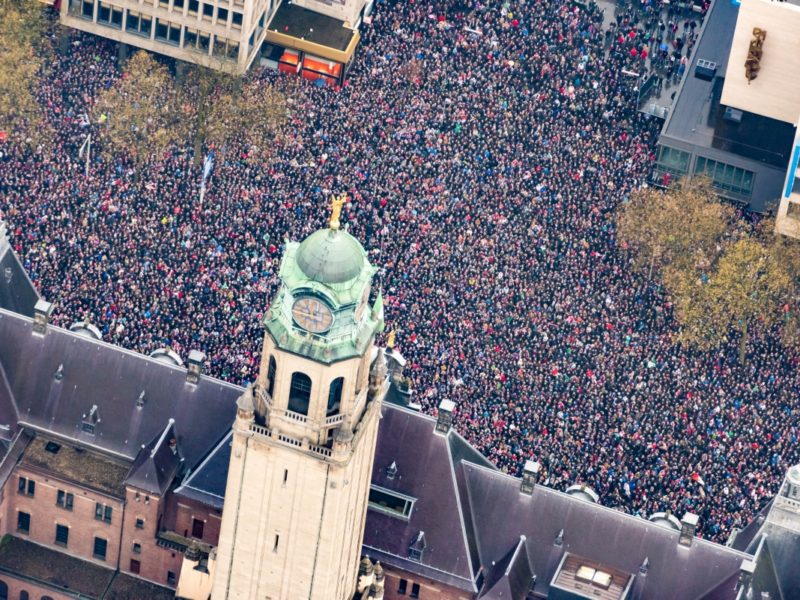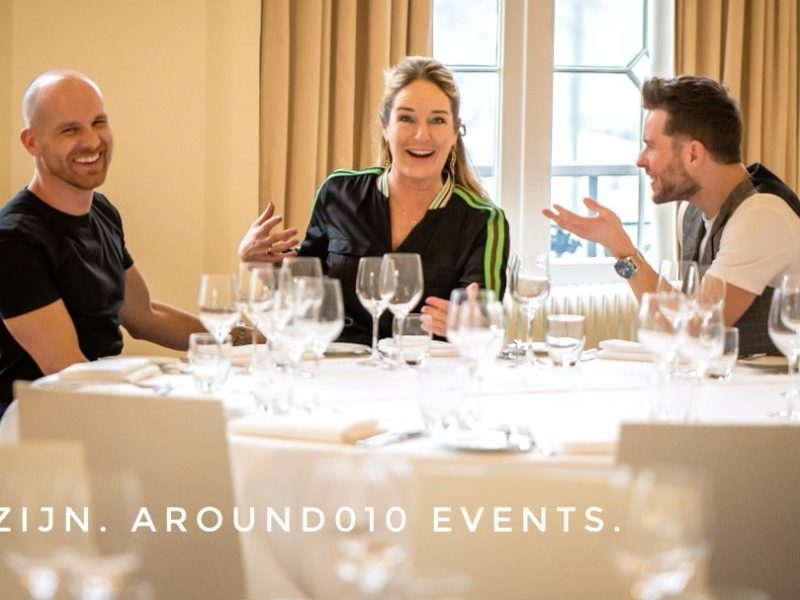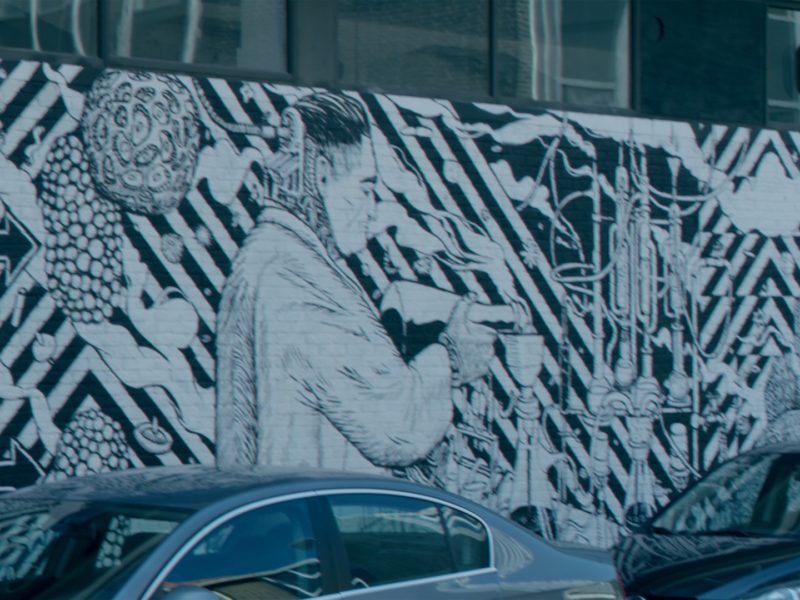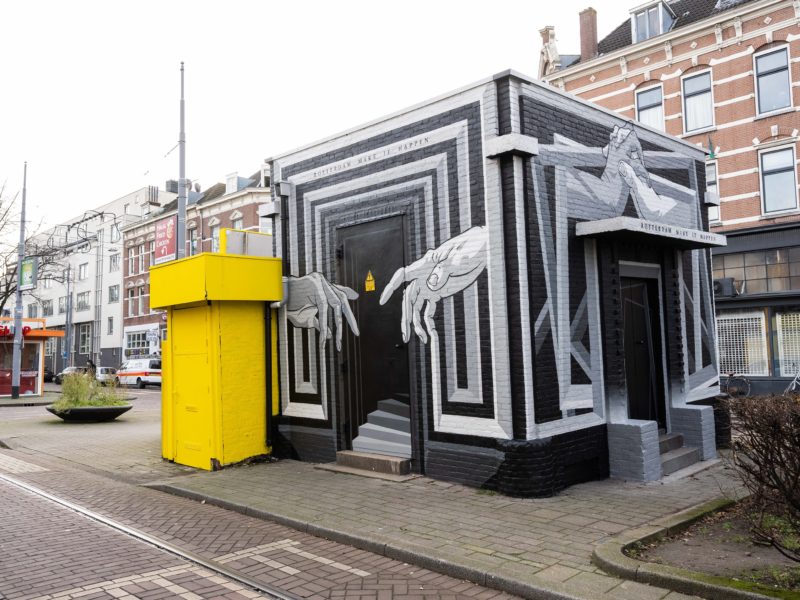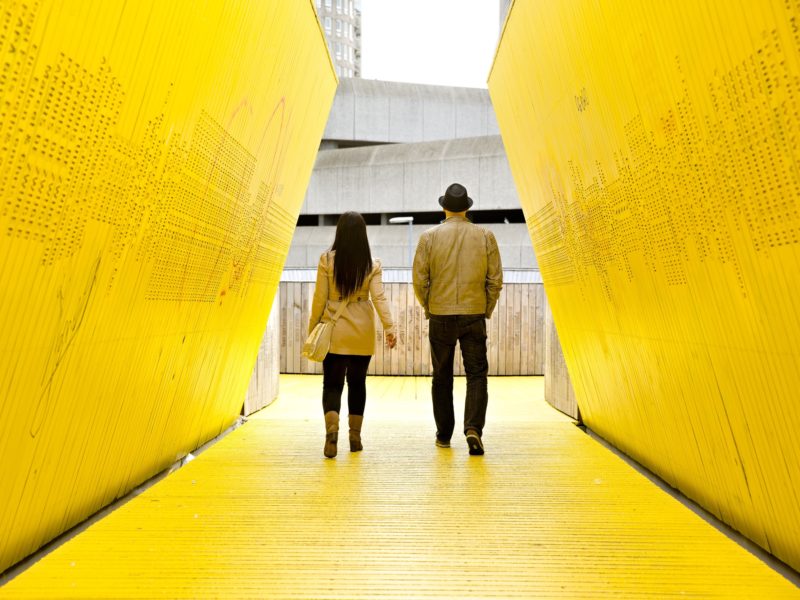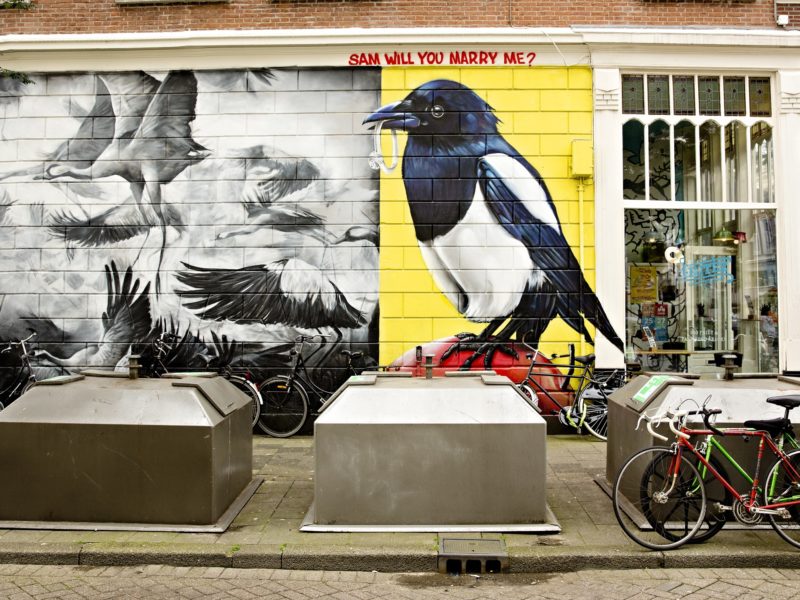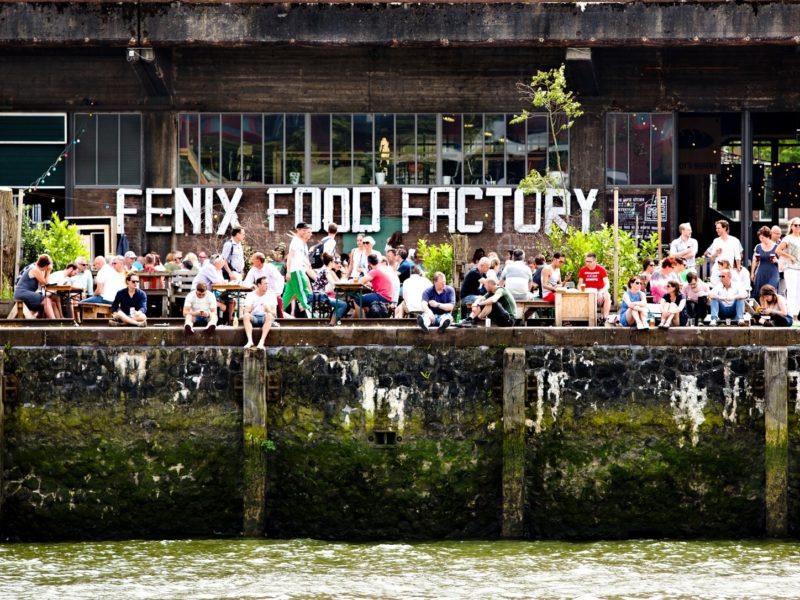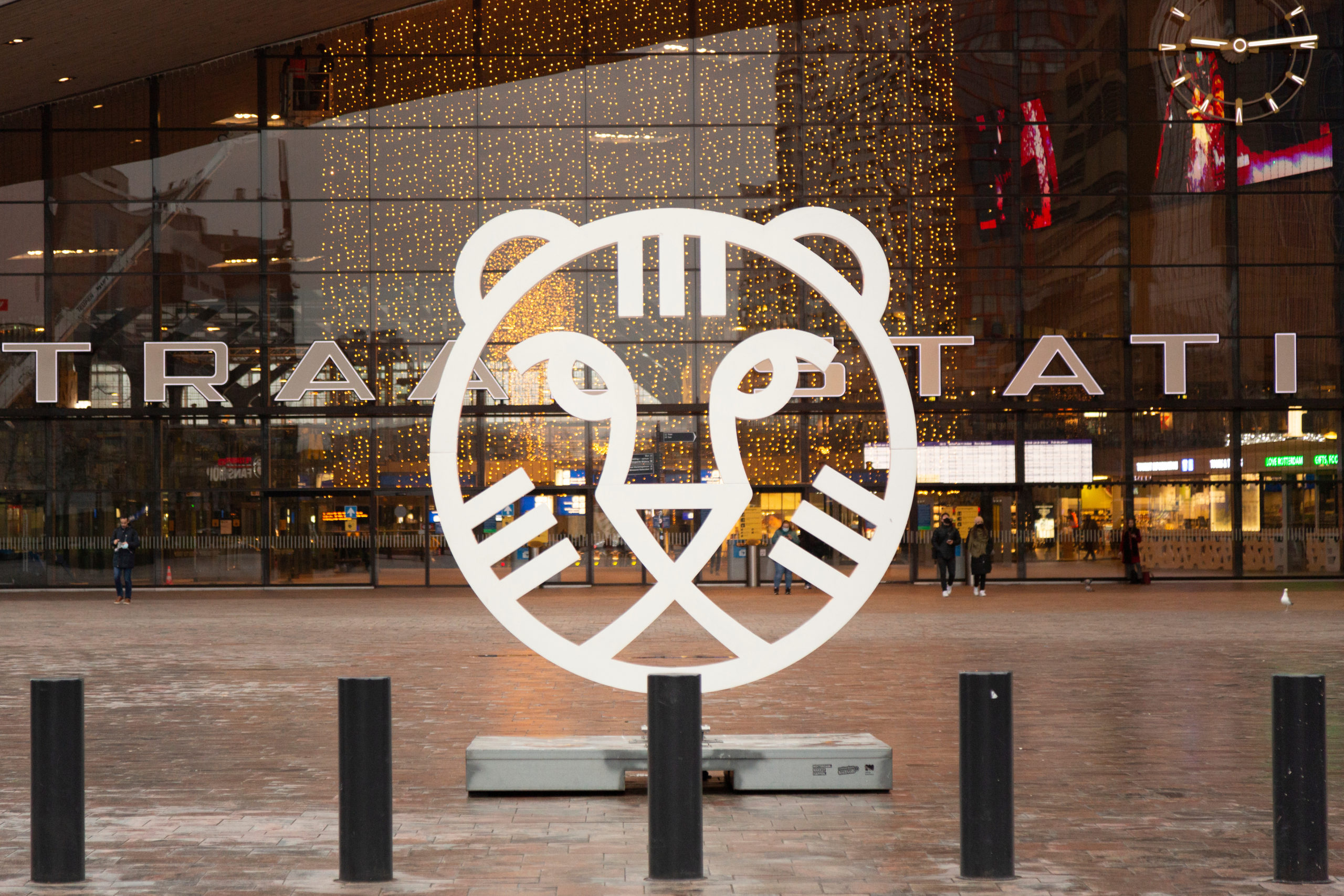
IFFR 2021
Showcase
The same experience, but now online
Fiftieth IFFR split into two parts
‘It’s all about finding new opportunities’, says Marjan van der Haar, who with Vanja Kaludjercic, shares the role of managing director of the International Film Festival Rotterdam. ‘The corona virus crisis has faced us with a huge challenge, but we knew from the start that we were going to carry on. To us, for the IFFR not to take place would simply be unthinkable, especially so in 2021, because this is the festival’s 50th anniversary year’. The solution? For a week in February the attention will be for competitions and previews, with a festive anniversary week in June, as well as all manner of individual events in between.
The 49th edition of the IFFR was one of the last carefree events in the city in 2020, though even then, some of the last international guests in attendance were already encountering difficulties in returning home. Shortly after that, our country was also confronted with the initial measures in the fight against the corona virus. ‘Thinking back to the previous edition, it feels as though I am going back in time ten years’, says the managing director with a tinge of melancholy. Van der Haar: ‘It now feels as though we are living in a condensed time, in which we have to find a new way of thinking; moving from a grand festival to some other form of grandeur. It is now hard to imagine that we used to have an audience of 1,500 people watching a film in one place’
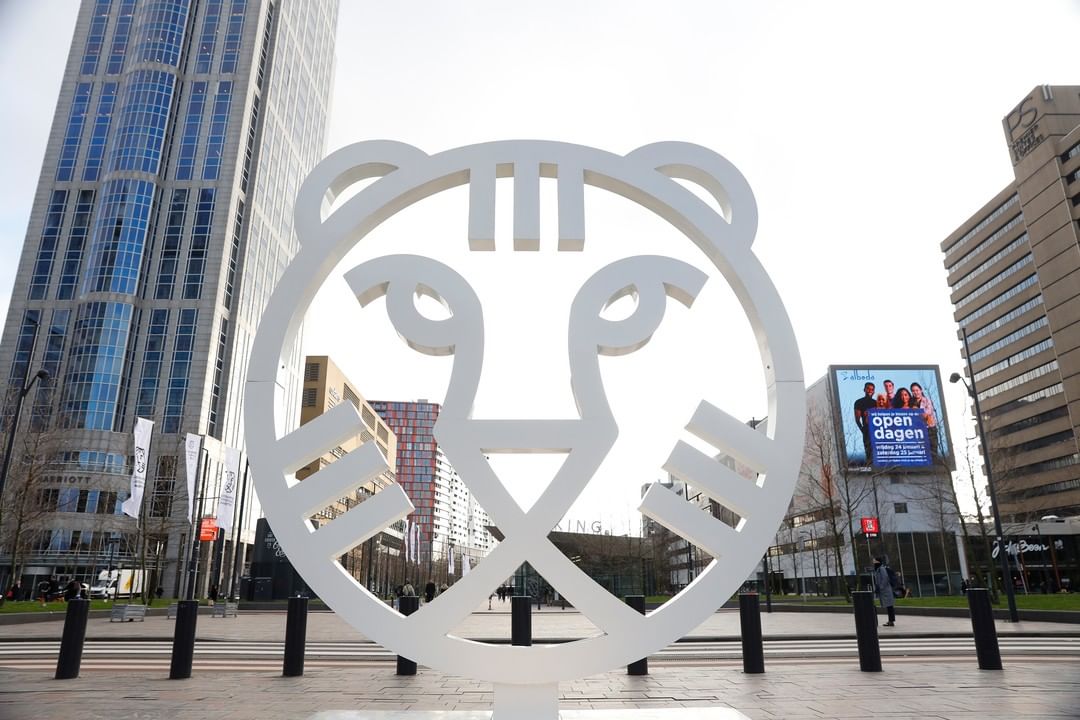
Festival experience
Back in the first wave of the corona virus crisis, the IFFR team started to think about what might be an innovative approach to organising the anniversary edition under strict corona-virus rules. Says Van der Haar: ‘I watched the team with admiration. We wanted to be prepared for a crisis that might last a long time so that all contingencies would be covered. And the strangest thing was that we were contemplating the question of what might work without knowing what the world would look like in 2021’.
The organisation decided to split the event according to the different groups that visit the festival: a large international audience, guests from the film industry, a national audience and local visitors. The last two groups normally attend the side programme as well as the film performances themselves. ‘We worked out how we could best serve each group and provide a festival experience for them, even though we are unable to welcome people physically. In part, this worked as a catalyst for plans we had already been devising. After all, as a major festival, we must innovate constantly to keep our audience committed to the event. We also initiated contacts with other film festivals, such as Cinekid, Nederlands Film Festival and IDFA, liaising about ways to present both films and side programme in the form of talk shows and master classes, but this time in an online format. We are all facing the same challenges. Together, we managed ongoing development and the joint funding of innovations such as ticket sales’.
Tiger on the loose
How can you continue to reach such a large audience without being able to bring all those visitors together in one place? The solution is spreading, and so the IFFR will be serving the film industry and the audience, both at home and abroad, completely online from 1 February. ‘We will be featuring new talent and new voices in the international film industry at the same time as we usually do, that is, early in the year. Competitions that we organise every year to provide an arena for new film makers will take place during the same period. In June, we will be showcasing the festive celebration of 50 editions of the IFFR, focusing on our national and local audience. That is when we will be celebrating our heritage. For example, we will be projecting old movie posters – processed by students – onto the side wall of the Pathé multiplex in the city. Another entirely new concept we will be featuring between 29 January and 14 February is Tiger on the loose. Across the city you will be able to find green objects on which you can watch movies on your smartphone through augmented reality. Walking through the city in small groups, people will be able to view clips from IFFR classics featuring the tiger theme. These are just a few examples of what we are planning to bring this type of collective experience into the city’.
The essence of a film festival
Initially, the exercise seemed hardly feasible, but Van der Haar is enthusiastic about everything that has been achieved to make the IFFR 2021 corona-proof: ‘This year’s festival will be unlike any previous edition, but it will still be the IFFR event you are accustomed to. IFFR and the city of Rotterdam are inextricably linked, and yes, deep down I do hope that our options will be slightly better in June than in February. It is comforting to know, though, that the set-up of our 2021 programme is such that we can respond flexibly to the freedom of movement prevailing in the world at that particular time. I think that some of the innovations we have now devised will eventually become integral parts of our festival. Having said that, I am also convinced that a hall with a screen, audience and live debates with film makers will always remain an integral part of the IFFR – after all, that is what a film festival is all about’.
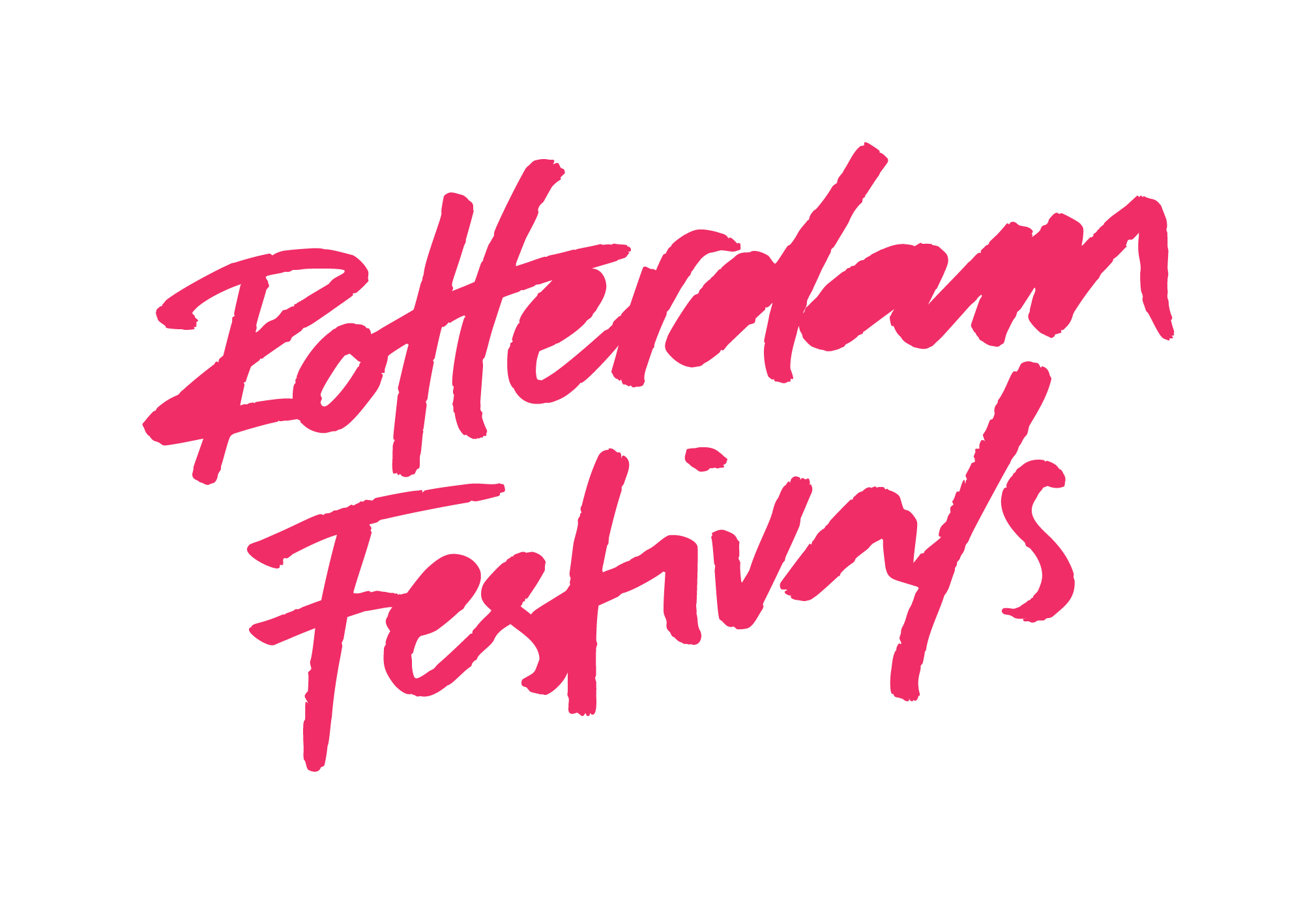
Rotterdam Festivals
